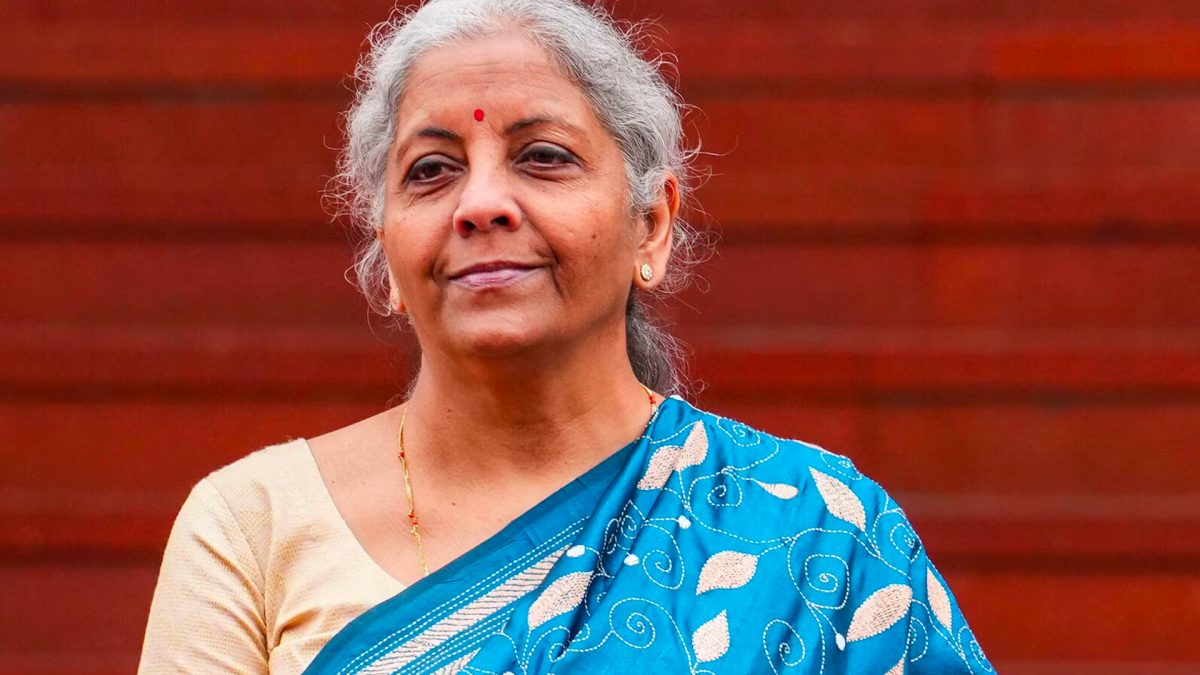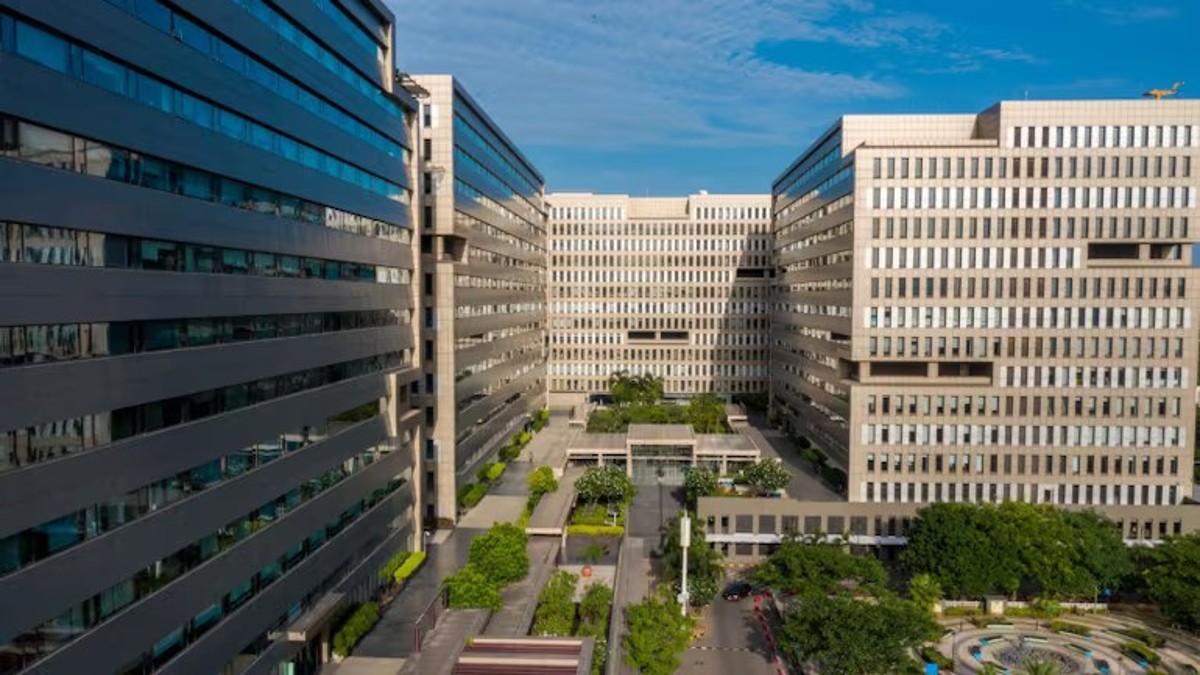Mumbai: Outgoing RBI Governor Duvvuri Subbarao today conceded that he should have acted faster in reversing the easy monetary policy stance after inflation resurfaced post-2008 crisis, and also joked that he may be remembered as “baby-steps Subbarao” for it.
“With the benefit of hindsight, I must admit in all honesty that the economy would have been better served if our monetary tightening had started sooner and had been faster and stronger,” Subbarao said in his last public speech as the 22nd Governor of the RBI, as he delivered the 10th Nani A Palkhivala memorial lecture here this evening.
However, he said he had been taking the so-called “baby-steps” in real-time and not in hindsight.“Because we had a classic V-shaped recovery from the 2008 crisis, that growth had not dipped in the Lehman crisis year as low as had been feared, and that growth in the subsequent two years was stronger than earlier thought.”
“But remember, all this is hindsight whereas we were making policy in real-time, operating within the universe of knowledge at that time.“In this context, he also underlined the need for having faster and more reliable economic data for effective monetary policy calibration.
The Governor poked fun at himself on the so-called “baby-steps”, saying, “in fact, when I leave the Reserve Bank, I will be remembered as “baby-steps Subbarao.“Defending his actions in the past five years, Subbarao said some people criticised him for being dovish, while some blamed him for being hawkish in his anti-inflationary stance.
Admitting that growth has moderated from over 9 percent even after the crisis, he said it is unfair and inaccurate to blame it on tight monetary policy.“I do not agree with the argument that the Reserve Bank failed to control inflation but only ended up stifling growth. Yes, growth has moderated, but to attribute all of that moderation to tight monetary policy would be inaccurate, unfair, and importantly, misleading as a policy lesson,” and that the reasons for slowing economic activity are “a host of supply side constraints and governance issues, clearly beyond the purview of the Reserve Bank,” the Governor said.
Subbarao further said, “If the high repo rate was the only factor inhibiting growth, growth should have responded to our repo rate cuts of 125 bps between April 2012 and May 2013, CRR cut of 200 bps and open market operations of Rs 1.5 trillion last year.”
Giving out numbers, he said headline inflation has come down from double-digits to around 5 percent; coreinflation has declined to around 2 percent.
However, he admitted that growth has come down of late and a part of the reason for that was monetary policy. “Some growth slowdown is attributable to monetary tightening. Note that the objective of monetary tightening is to compress aggregate demand, and so some sacrifice of growth is programmed into monetary tightening.”
“But this sacrifice is only in the short-term; there is no sacrifice in the medium-term. Indeed, low and steady inflation is a necessary precondition for sustained growth. Any growth sacrifice in the short-term would be more than offset by sustained medium-term growth. I want to reiterate once again that the Reserve Bank had run a tight monetary policy not because it does not care for growth, but because it does care for growth,” Subbarao, whose five-year term comes to an end on September 4, said.
He further said critics of monetary tightening must also note that our degrees of freedom were curtailed by the loose fiscal stance of the government during 2009-12. “Had the fiscal consolidation been faster, it is possible that monetary policy calibration could have been less tight.”
PTI


)




)
)
)
)
)
)
)
)